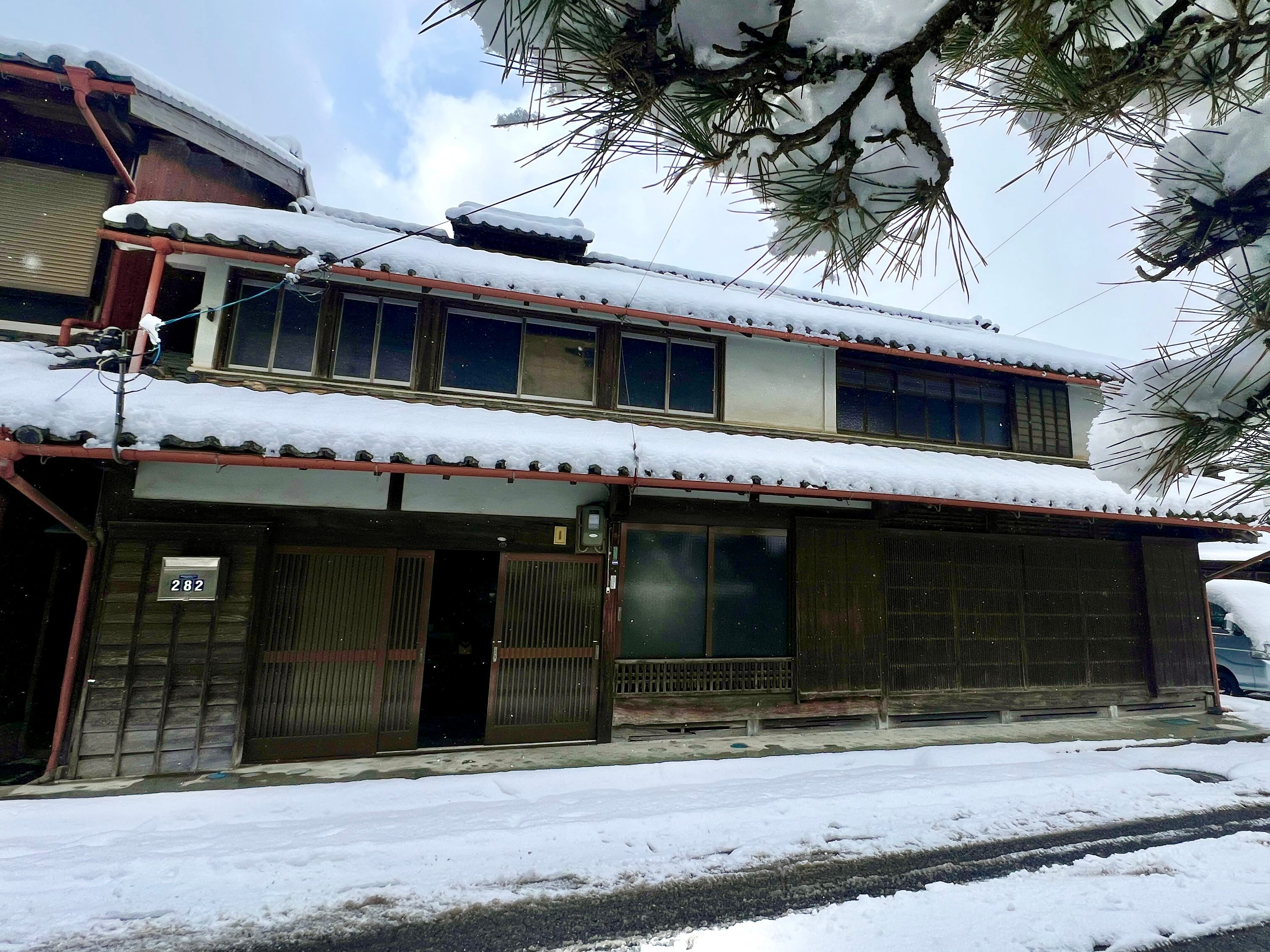
Coline Aguirre.
Coline Aguirre first began to imagine her future during a high school exchange program in Japan a decade ago.
Aguirre, who was born in Paris but moved around a lot as a child, spent a year studying in Kanagawa, a prefecture about 40 miles outside Tokyo.
During a visit to her host family’s grandparents in the countryside, she discovered that they lived in a traditional Japanese house built in the ’70s, with elegant wooden beams and beautiful tatami rooms.
“That was the first time I slept in a tatami room. Before that, I had only been in really modern city houses in Japan,” Aguirre told Business Insider. “I fell in love, and in that moment, I knew I wanted to own a traditional house in Japan.”
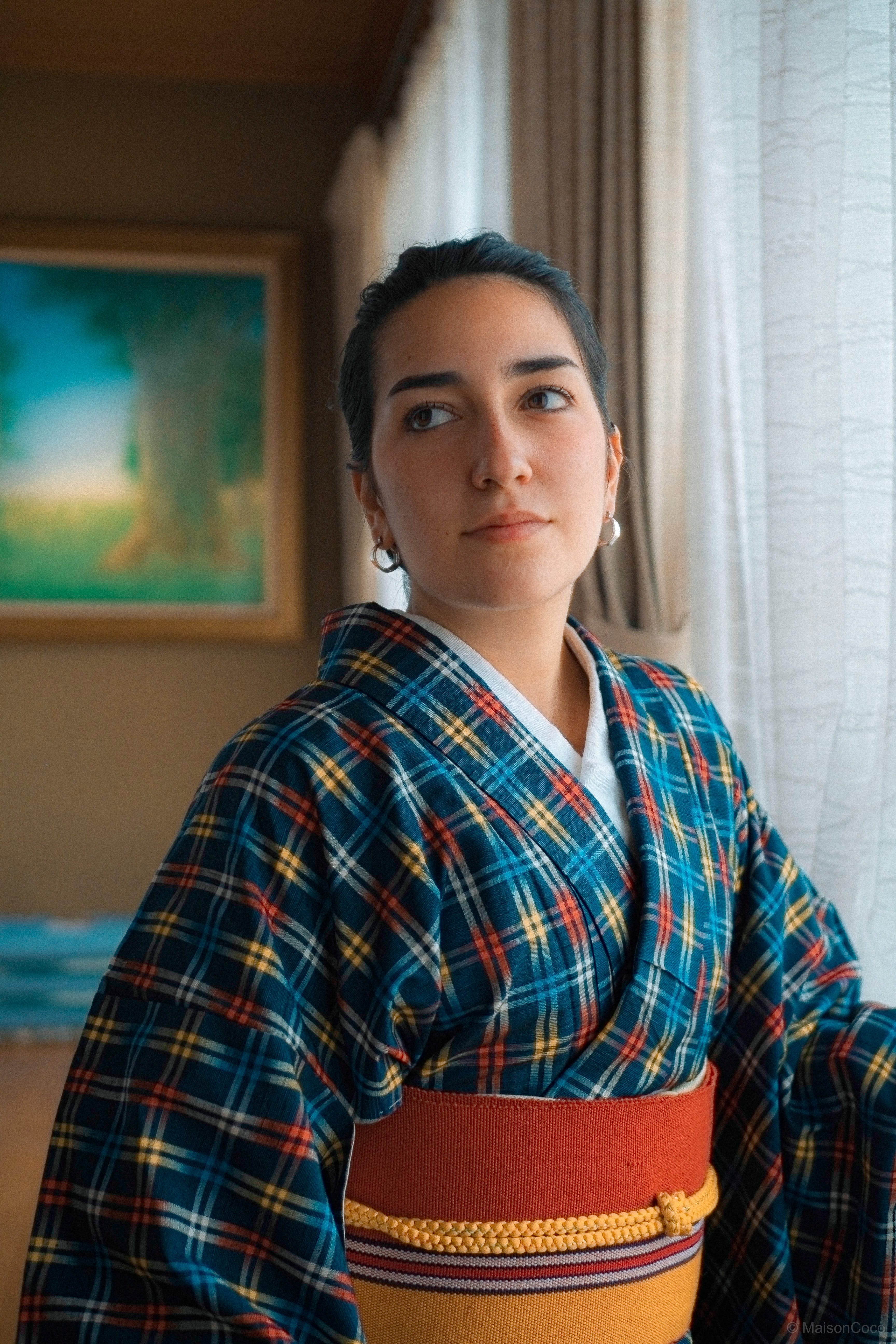
Coline Aguirre.
Love Business Insider? Add Business Insider as a preferred source on Google to see more of us.
Fast-forward to 2021: Aguirre was back in France and working as a freelance photographer. Over the years, she and her mother had nurtured a shared hobby of scrolling through real-estate websites and window-shopping for homes.
“At the time, I was discovering the real estate market in Japan and noticing the really low prices,” Aguirre said.
In France, a countryside home could easily set her back by 200,000 euros. In contrast, some houses in rural Japan can go for as low as $500.
The contrast was striking, and it got her thinking about the possibilities.
“In France, if I wanted to buy something new with the money I had then, it would be a car or a garage. I don’t want to live in a car or in a garage,” she said.
‘A hundred years old, minimum’
Thus started her hunt for a “kominka,” or a farmhouse, in the Japanese countryside.
Aguirre was looking for a large property, with enough room for a photo studio. She also wanted an old house because she felt that they were built with materials meant to last.
“My criteria was like, a hundred years old, minimum,” Aguirre added.
When she chanced upon the listing for a 3,200-square-foot property in Uda, a small town about 50 miles south of Kyoto, she knew she had found the one.
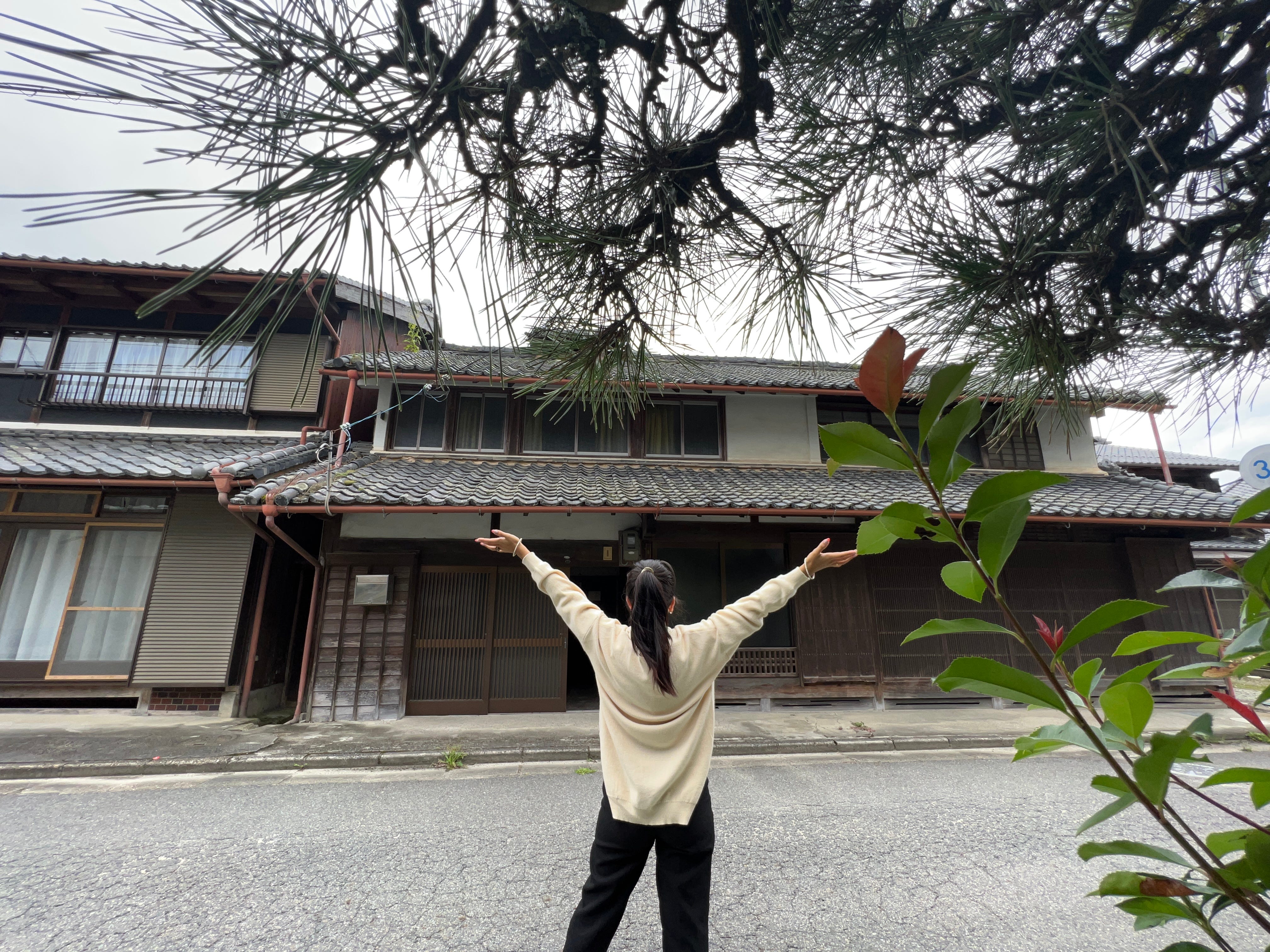
Coline Aguirre.
“It matched all my expectations. It was huge, maybe a bit too huge, but it had an inner garden, two bathrooms, two kitchens, and a lot of bedrooms,” Aguirre said.
It was also a 15-minute drive to the train station, and about an hour and a half from the ocean.
With the help of a consultant on a real-estate portal — who sent her a 20-minute video tour of the listing — Aguirre bought the two-story house remotely, without seeing it in person.
Aguirre says she paid about 4.9 million Japanese yen for the property in 2022, and at the age of 24, achieved her dream of buying a traditional house in the Japanese countryside.
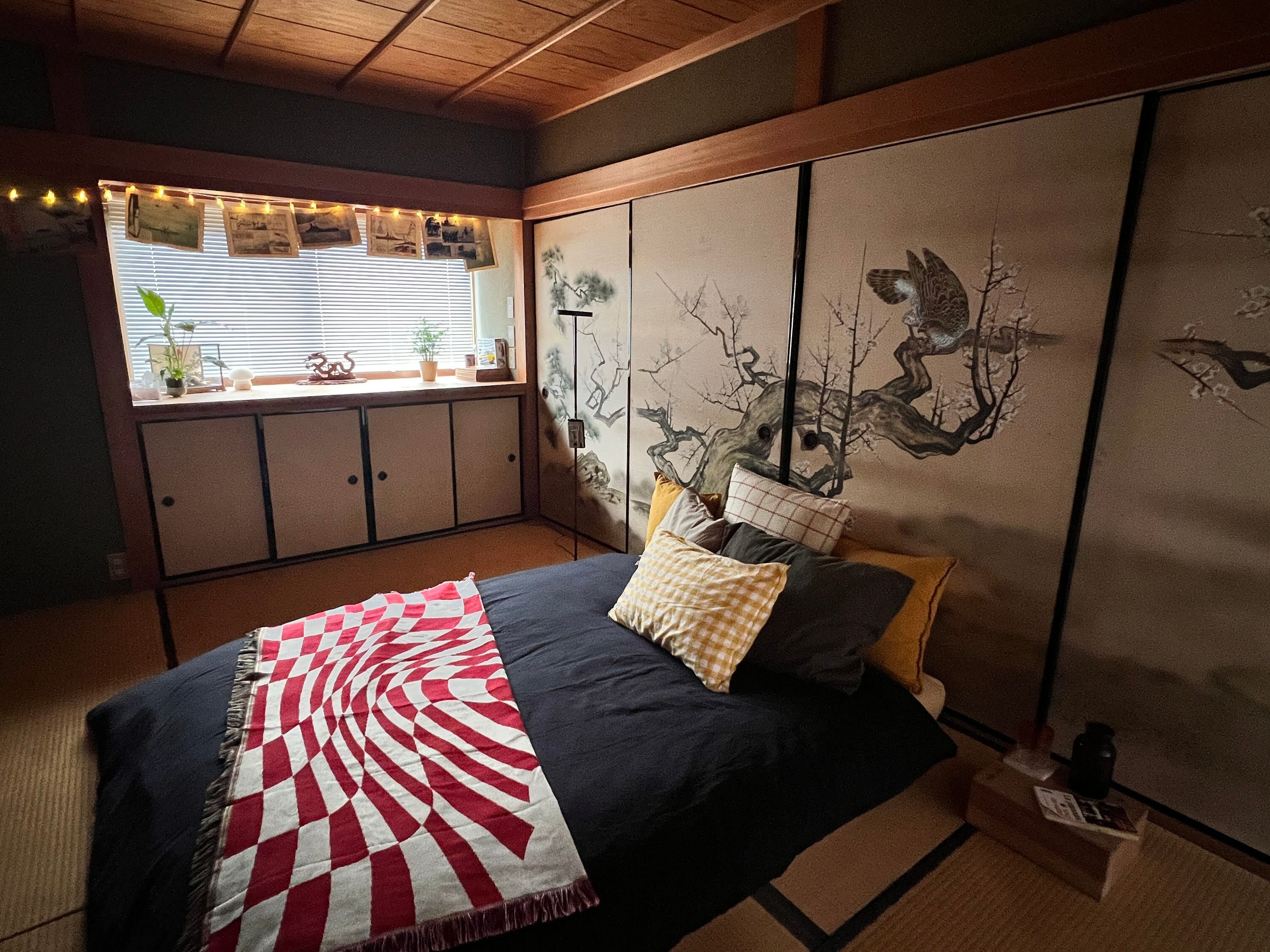
Coline Aguirre.
Her husband, who is in the French Army, knew this was her plan soon after they first got together.
“From the moment we started dating eight years ago, I already told him I’m going to be a house owner in Japan one day. And it eventually happened,” Aguirre said.
She officially moved to Japan alone later that year. “I had no plan. I was just trusting the universe,” Aguirre, now 27, said.
Her parents were also supportive of her move. It helped that they were already familiar with Japan: Her father had spent a year working in Tokyo, and her mother had been to the country multiple times on vacation.
Growing up, she was used to her parents buying and fixing up old houses in France.
“I had no perception of what was scary or not,” Aguirre said. “We’ve been doing that so many times, it just felt normal for me to buy a house.”
Restoring the house
Aguirre’s house sits on a street where the old market used to be.
The street reminds her of Kyoto, with its shops and old houses. “The post office is in front of me, while there’s a bank at the end of the road,” she said.
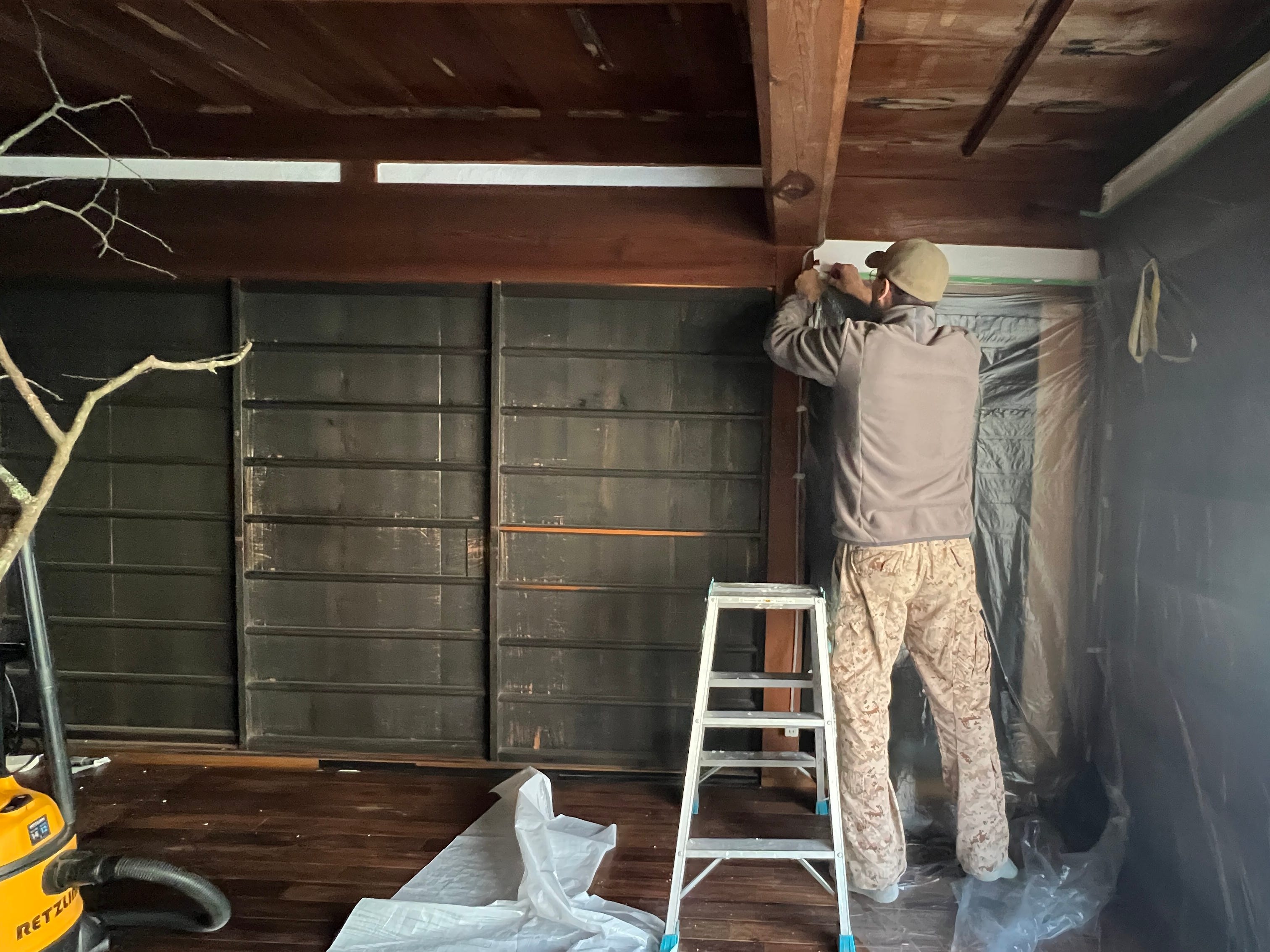
Coline Aguirre.
When her house was first built in the 1920s, the front section facing the street served as a soy sauce shop. Before she bought it, the previous owners had used it as a summer home whenever they visited from the city during the holidays.
In terms of restoring the property, Aguirre, who now runs a real-estate consultancy, says she has tried to keep as much of the original structure as possible.
The main thing she’s changed so far is getting rid of the septic tank and connecting the property to the public sewage system.
“I haven’t really destroyed so many things besides everything that was added during the ’70s,” she said.
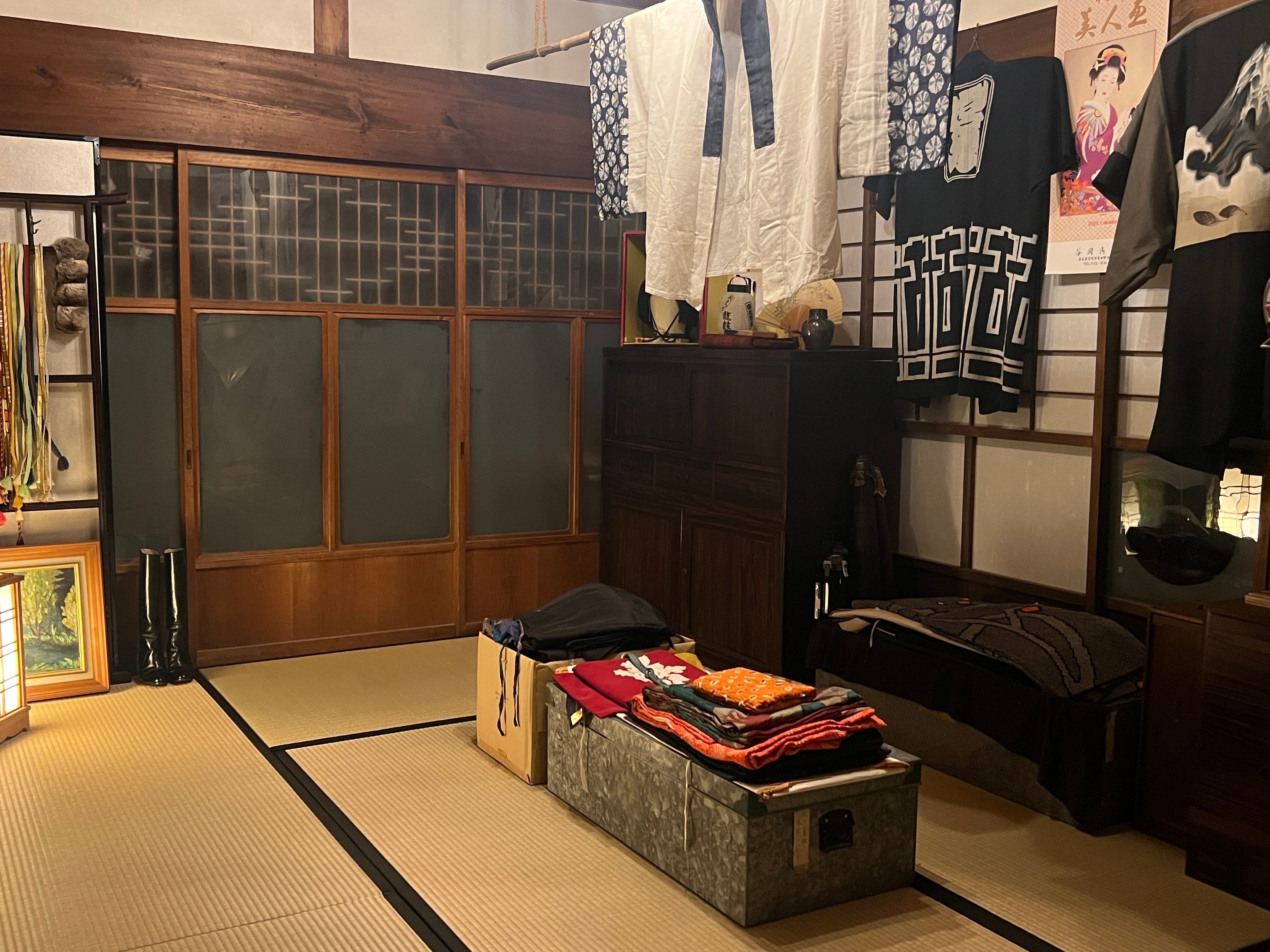
Coline Aguirre.
There’s plenty left to do, including remodeling the kitchen and removing the fake ceilings on the second floor. Considering the size of the property, it’s been a slow process.
“I try to do all the DIY I possibly can,” Aguiree said.
Local contractors were often more accustomed to working on newer homes with modern materials like plastic insulation, which wasn’t what she envisioned for her own space.
“I started to learn a lot of DIY stuff, like making tiles and waterproofing the shower. But it’s fun. I really enjoy it and I like power tools a lot,” Aguirre said, adding that she dived into online tutorials, read books, and got advice from her father.
These days, between managing her business and working on the house, Aguirre also runs an online boutique selling vintage kimonos and accessories. On the side, she offers kimono photography sessions, too.
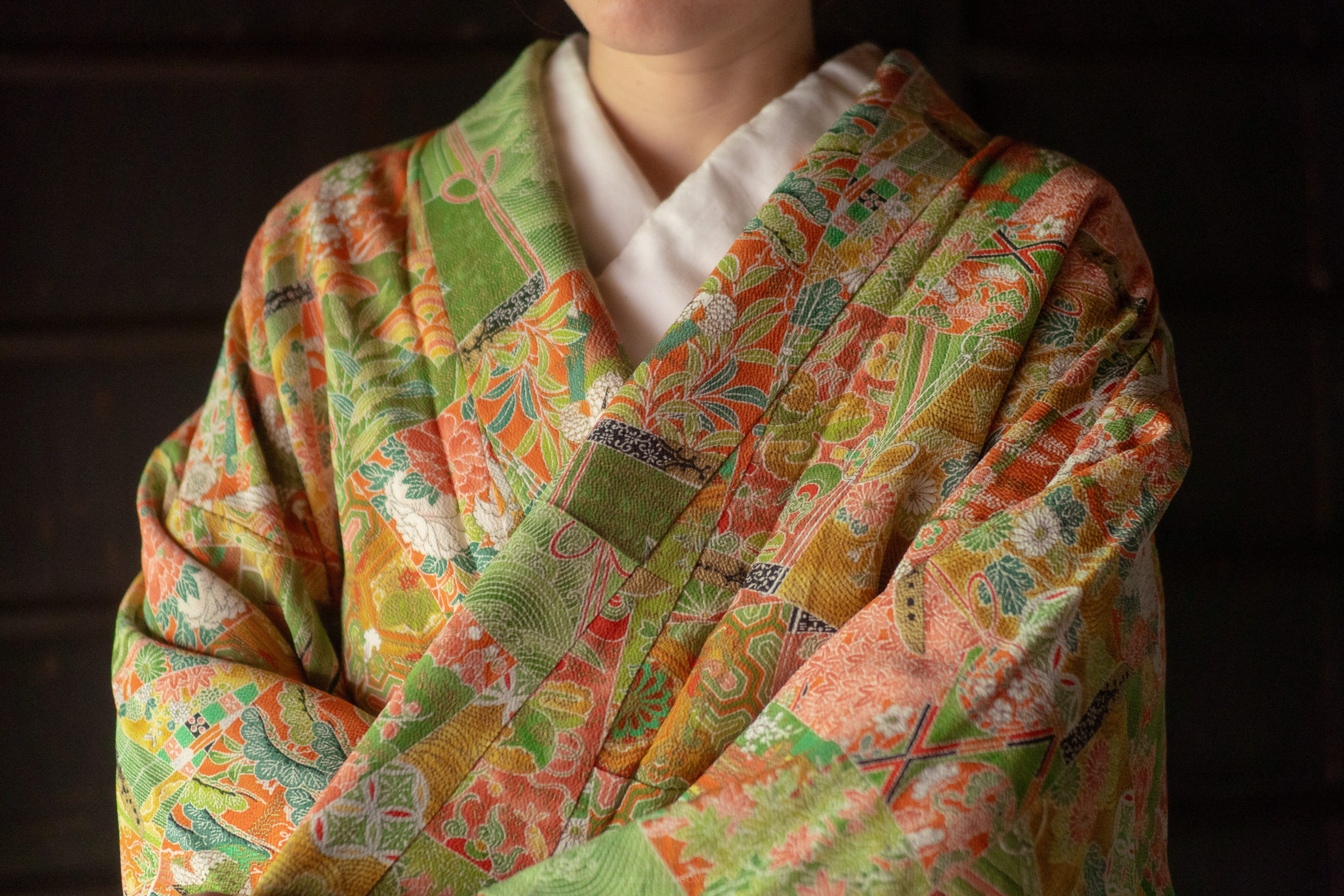
Coline Aguirre.
Living the dream
Aguirre is part of a growing wave of foreigners who are relocating to Japan.
The number of foreign residents in Japan reached a record high of 3,768,977 at the end of 2024 — an increase of 10.5% from the previous year, per data from the country’s Immigration Services Agency.
Four Americans who spoke to BI in 2023 listed Japan’s safety standards and relative affordability as reasons for their move. Others told BI they were drawn to the idea of renovating one of the country’s 8 million abandoned homes.
Though much of the experience has been rewarding, Aguirre says the hardest part of her move was staying focused on her goals.
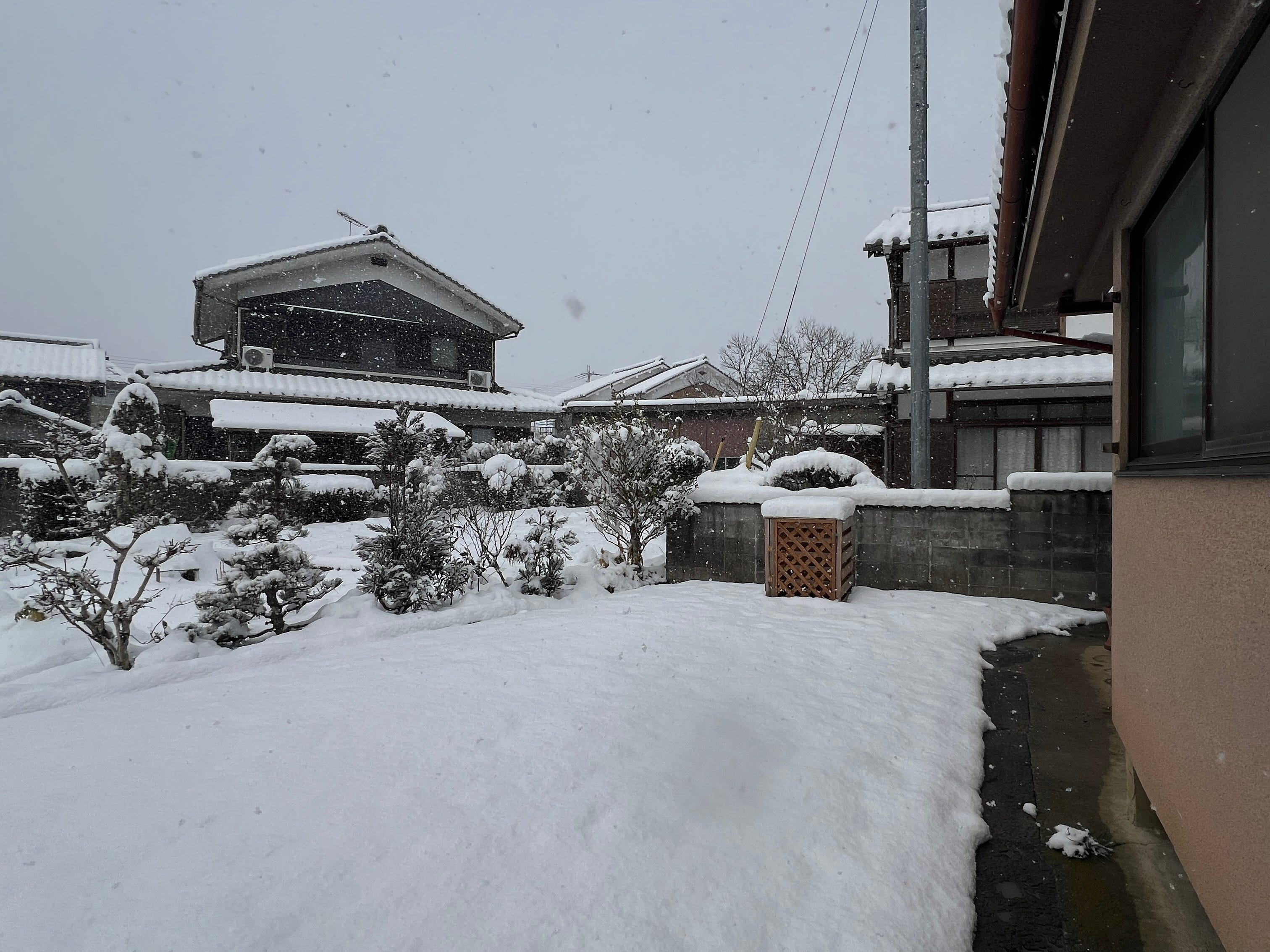
Coline Aguirre.
“It is super challenging to own that kind of big house that needs constant attention, while also starting a business from zero in a new country with a new language,” she said.
She hopes to improve her Japanese language skills, but hasn’t found the time to take lessons.
“For now, my language classes are me talking to my neighbors,” Aguirre said.
Most of her neighbours are between 50 and 90 years old and have been living in the area for decades. Many of them once attended the local elementary school, which has since been transformed into a maple park.
That said, meeting new people hasn’t been difficult. A fairly large group of foreigners — mostly from the US and the UK — are living in Uda, she said.
“When you go grocery shopping and you see someone else who is a foreigner, you basically go and talk to them because it’s so rare,” Aguirre said.
Over the years, she’s been introduced to new people, sometimes even on the street.
Aguirre lives in her house in Japan full-time, and her husband comes to visit her whenever he can. Regarding what is often a long-distance relationship, Aguirre said, “It’s challenging, but I mean, he said yes eight years ago.”
Looking back on her journey, Aguirre says it feels like she’s only begun to scratch the surface.
“Three years is just a trial,” she said. Sometimes, she added, you’ll need to wait for the thrill of the move to die down before you know if it’s really for you.
That said, Aguire knows she made the right choice. She hopes to continue growing her real estate business, now a team of three, and eventually connect traditional Japanese homes with buyers seeking homes and spaces for their creative projects.
“It still feels like a dream,” Aguirre said. “I just added more layers to my dream.”
Do you have a story to share about building your dream home in Asia? Contact this reporter at [email protected].
The post She fell in love with traditional Japanese homes during a high school trip. At 24, she bought one in the countryside. appeared first on Business Insider.




